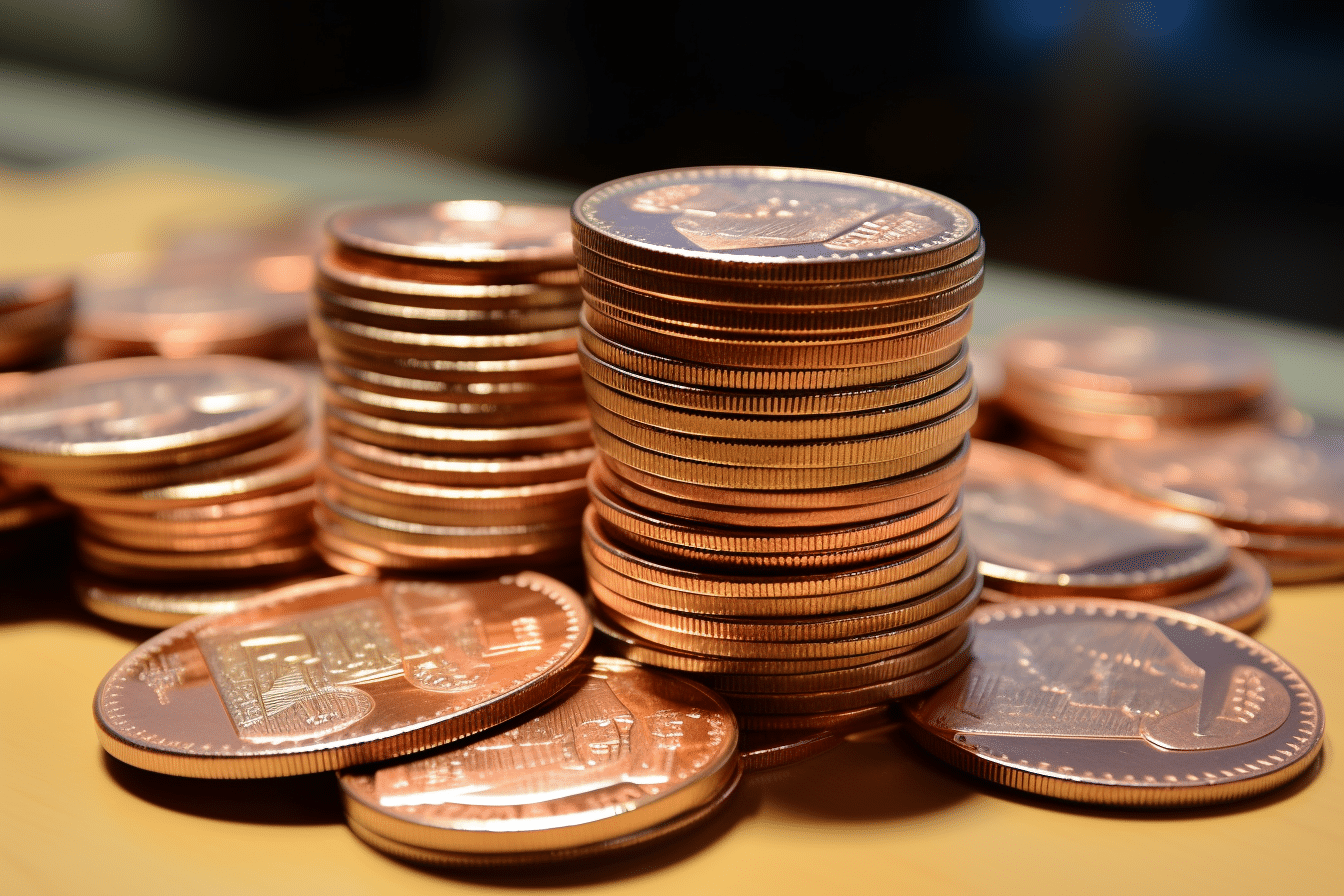Many EU nations have already ceased minting the smallest cent coins. Now, the question of whether to maintain copper coins is also being raised in Germany
Since January 1, 2002, the Euro currency was introduced in Germany and many other European countries. This common currency has brought many conveniences to travellers, even though some miss the Deutsche Mark, which the Euro replaced. Nevertheless, there’s currently another topic surrounding cash that’s being discussed: the question of the necessity of copper coins.
Especially the one and two-cent coins are seen as unnecessary by many. They burden not only the mints but also people’s wallets. Several European countries, including Finland, the Netherlands, Ireland, Italy, and Belgium, have already decided to stop minting these coins. In these countries, it’s common to round up to the nearest five-cent amount during payments.
So, should Germany follow the trend and abolish copper coins? Here’s a look at the potential pros and cons of such a decision.
The well-known saying “He who doesn’t respect the penny isn’t worthy of the dollar” is familiar to many. But in the light of current inflation, it’s becoming increasingly clear that cent coins in Germany and across Europe have little purchasing power left.
Nevertheless, copper coins are found in almost every wallet. While some EU countries have already halted the production of the smallest Euro coins, the discussion is gaining momentum in Germany: Are copper coins still relevant?
In this regard, the European Commission conducted a survey from the end of September 2020 to January 2021. According to an article by Sparkasse on their website, a clear majority of 70 percent of respondents were in favour of abolishing copper coins. Likewise, an equal number supported the idea of rounding transactions to the nearest five-cent increment.
